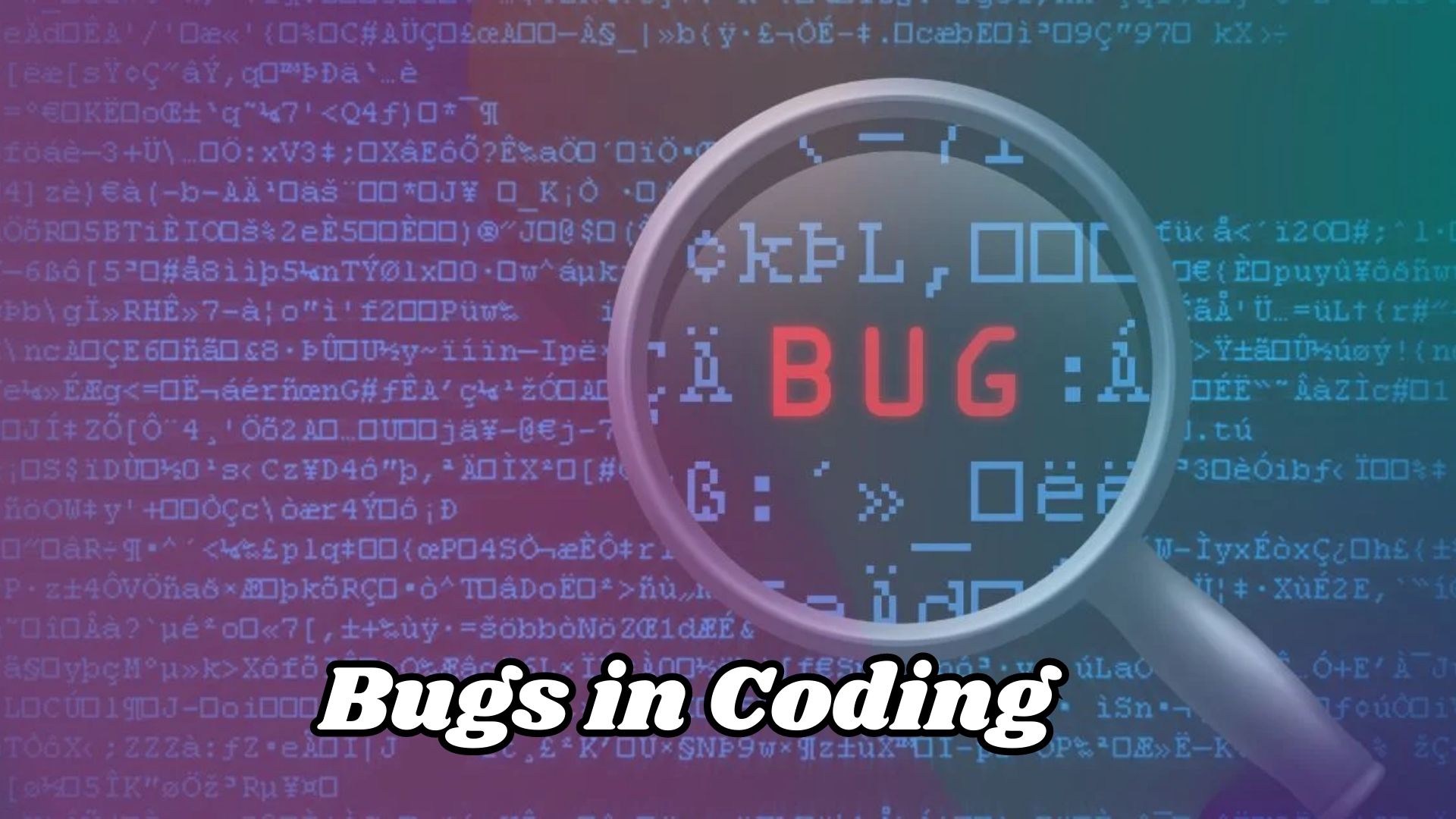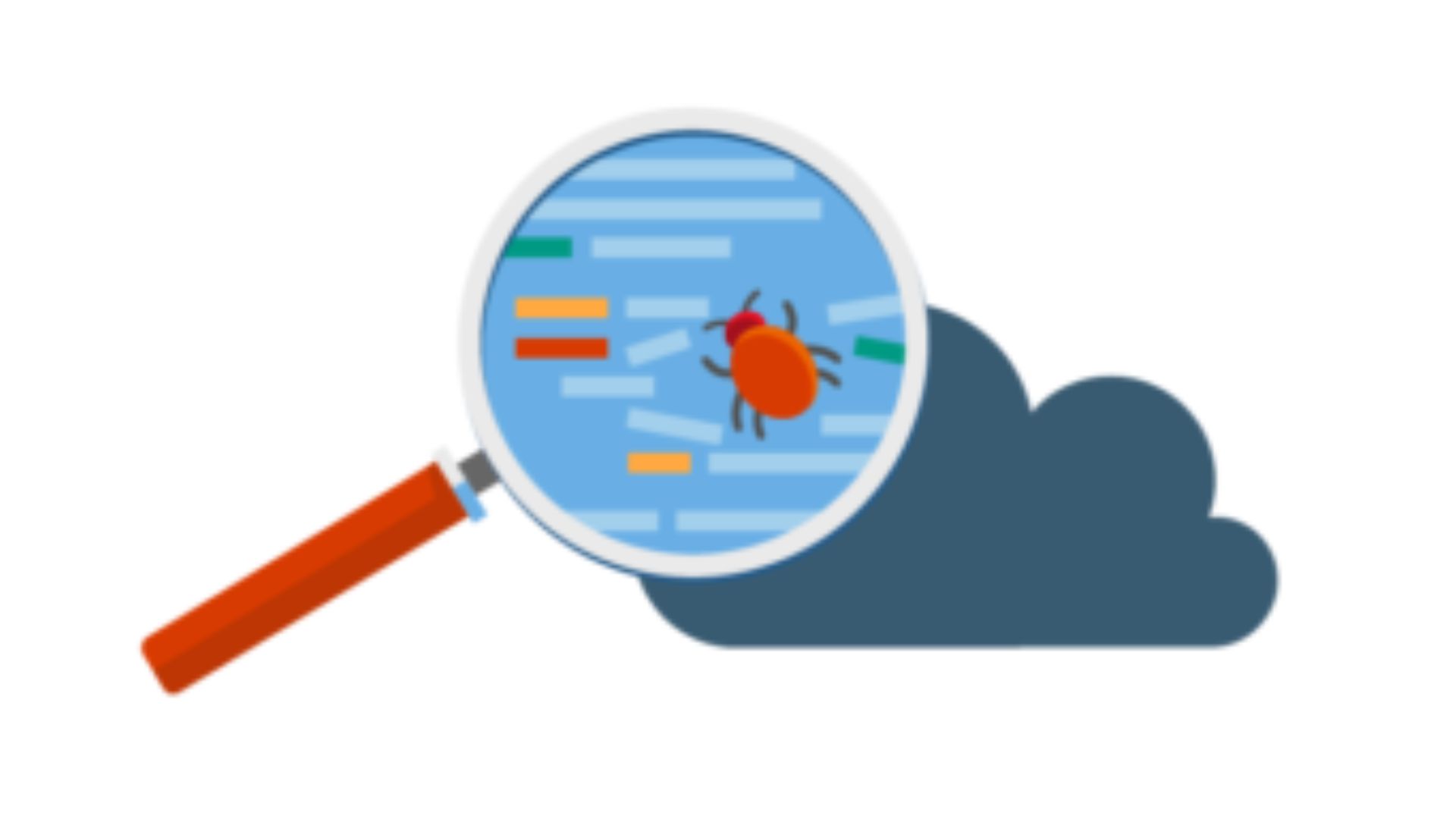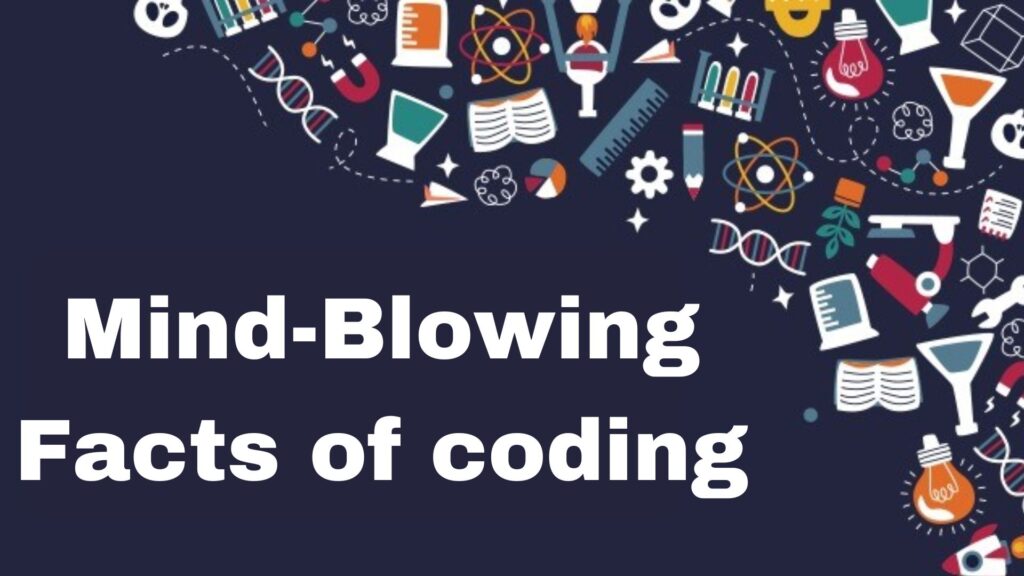Hey there, fellow tech enthusiasts! Today, I want to take you on a thrilling journey through the fascinating world of coding. As a seasoned coder myself, I have come across some mind-blowing facts that have left me in awe of the power and beauty of programming. Get ready to have your mind blown by these incredible coding facts! Calling all tech enthusiasts! If you’re ready to embark on an exhilarating journey through the captivating world of coding, you’re in for a treat. As a seasoned coder myself, I’ve stumbled upon some astonishing facts that showcase the incredible power and beauty of programming. From the first computer programmer being a woman to the rise of AI programming, prepare to have your mind blown by these awe-inspiring coding facts. So buckle up and get ready to explore the intriguing history, cutting-edge trends, and limitless possibilities that coding has to offer. Let’s dive in!
The First Computer Programmer was a Woman
Back in the 19th century, long before modern computers existed, Ada Lovelace, a brilliant mathematician and writer, worked with Charles Babbage on his proposed mechanical general-purpose computer, the Analytical Engine. Lovelace’s work on the engine’s programming is what earned her the title of the world’s first computer programmer.
The Most Expensive Bug in History
A single misplaced character can lead to catastrophic consequences in coding. This fact is exemplified by the most expensive bug in history. In 1962, NASA’s Mariner 1 spacecraft failed to reach its intended destination due to a missing hyphen in the coding, which cost a staggering $18.5 million.
The First Computer Bug
The term “bug” to describe a coding error has a fascinating origin. In 1947, computer pioneer Grace Hopper found an actual moth stuck in the relay of the Harvard Mark II computer, causing it to malfunction. The insect was removed, and the term “debugging” was born.

The World’s Smallest Program
The world’s smallest fully functional program consists of only two words: “X=” and “GOTO 10.” This program, known as “quine,” was created by mathematician Stephen Kleene and is a prime example of coding efficiency.
The Oldest Working Computer Program
Believe it or not, the world’s oldest working computer program dates back to 1951. The Ferranti Mark 1, one of the earliest general-purpose computers, still executes its original code, showcasing the longevity and stability of well-written programs.
The Power of “Hello, World!”
Every coder’s journey begins with the iconic “Hello, World!” program. It may seem simple, but this tiny piece of code has tremendous symbolic significance, marking the starting point of countless coding adventures.
Coding is Older than You Think
Coding is not a recent invention. In fact, the history of it can be traced back to the 1800s when Ada Lovelace wrote the first algorithm intended for implementation on Charles Babbage’s Analytical Engine. Her visionary work laid the foundation for modern programming.
The Most In-Demand Programming Language
In the ever-evolving world of technology, programming languages rise and fall in popularity. However, one language stands out as consistently in demand – JavaScript. It powers the interactive elements of websites, making it an indispensable skill for developers.
The Internet is a Massive Codebase
The internet is a vast digital landscape powered by countless lines of code. From websites to social media platforms and streaming services, every aspect of the online world relies on intricate coding to function seamlessly.
The World’s First Computer Programmers
Long before the advent of electronic computers, there were human computers. In the early 20th century, mathematicians like Ada Lovelace and Katherine Johnson performed complex calculations for various scientific and engineering projects, setting the stage for modern computer programming.
The Art of Debugging
Debugging is an integral part of the coding process. Experienced programmers will tell you that fixing errors and troubleshooting is as much an art as it is a science. The ability to spot and resolve bugs efficiently is what separates a good coder from a great one.

Coding as a Universal Language
Coding transcends borders and languages, serving as a universal means of communication for developers worldwide. Whether you’re in Japan, Brazil, or Russia, a well-written code can be understood and executed by programmers across the globe.
The Rise of AI Programming
Artificial Intelligence is revolutionizing the world, and so is its programming. Machine Learning and AI algorithms are shaping industries, from healthcare to finance, making AI programming one of the most sought-after skills in the modern job market.
The Future of Coding
As technology continues to advance at a breathtaking pace, the future of coding holds limitless possibilities. From quantum computing to augmented reality and beyond, coders will play a crucial role in shaping the world of tomorrow.
A Code-Driven World
In the not-so-distant future, the lines between the physical and digital realms will blur even further. Coding will permeate every aspect of our lives, from self-driving cars to smart cities, making an essential skill for everyone.
Empowering Creativity
Coding is not just about logical thinking; it is also a powerful tool for creativity. Through coding, artists and designers can bring their wildest imaginations to life, creating interactive and immersive experiences for audiences worldwide.
FAQs
Q. What is the use of coding in gacha Plus game?
Coding plays a vital role in the world of Gacha Y2k games, enriching the gaming experience and bringing virtual worlds to life. Behind the scenes, talented developers use their coding prowess to create captivating gameplay, stunning graphics, and intricate mechanics. From character animations to summoning mechanics and in-game events, every aspect of Gacha Plus games relies on well-crafted code.
Q. Is coding only for computer science graduates?
Not at all! Coding is for anyone with a passion for problem-solving and creativity. Many self-taught coders have become successful developers without formal computer science degrees.
Q. Which programming language should I learn first?
It depends on your goals. If you’re interested in web development, JavaScript is a good starting point. For data science, Python is a popular choice.
Q. Can coding help me land a job in the tech industry?
Absolutely! The tech industry is constantly growing, and skilled coders are in high demand across various sectors.
Q. How can I stay updated with the latest coding trends?
Follow tech blogs, participate in online communities, and attend coding conferences or webinars to stay informed about the latest developments in the coding world.

